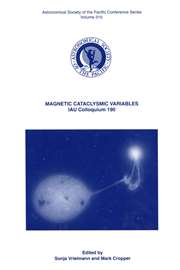No CrossRef data available.
Article contents
Greek Astronomers and Their Neighbours
Published online by Cambridge University Press: 12 April 2016
Extract
In Europe it has been customary to regard the ancient Greeks as our intellectual ancestors. Greek science was seen as the fountainhead from which modern European science ultimately derived both its existence and its characteristic features. This was not a completely empty idea. Each time a modern astronomer mentions a planet, the perigee and apogee of its orbit, its periods and their various anomalies, he is using so many Greek words. Moreover, until about a hundred years ago the extant works of the Greeks were the earliest scientific texts known to European scholars so that Greek science acquired a unique position in the European mind,and that ancient Greek culture in general became ‘classical’ and thus an ideal model or pattern for civilization as such. In consequence, the traditional European History of Science became an account of how science arose among the Greeks, how it penetrated into other cultural areas, and how it was sometimes eclipsed and again reborn in one of the so-called ‘renaissances’ of which European historians are so fond to speak.
- Type
- Ancient Astronomy and its Characteristics
- Information
- International Astronomical Union Colloquium , Volume 91: History of Oriental Astronomy , 1987 , pp. 63 - 73
- Copyright
- Copyright © Cambridge University Press 1987




